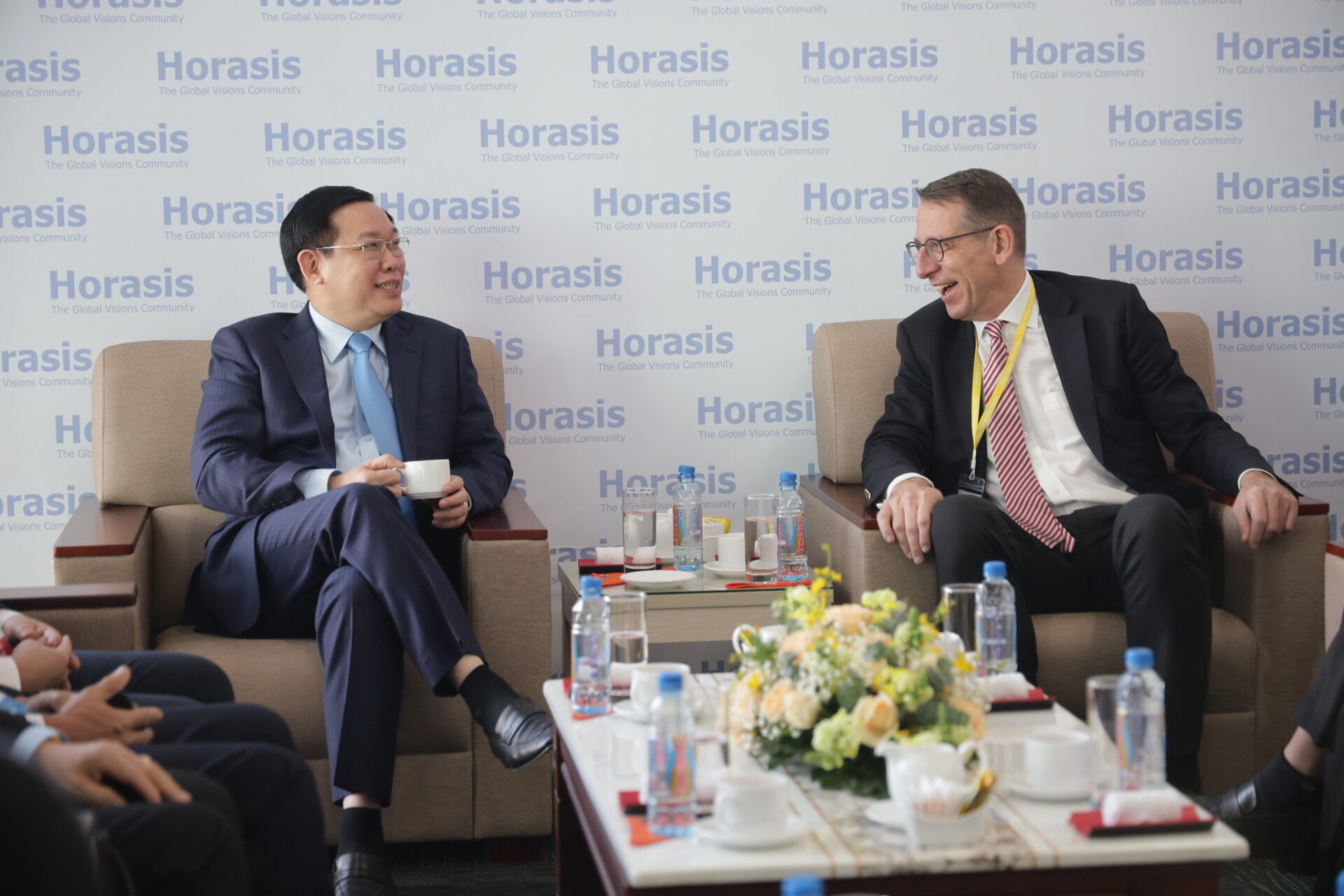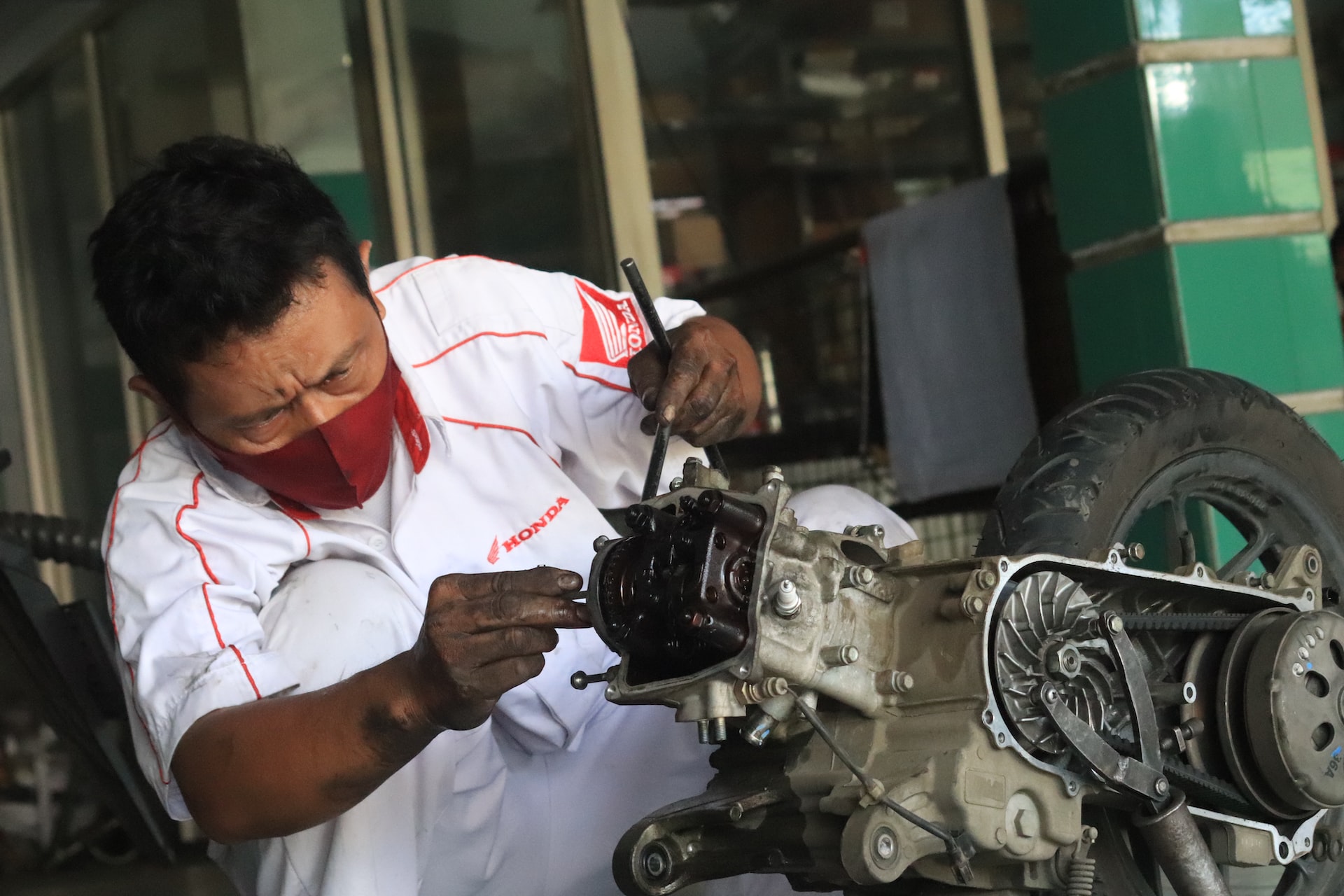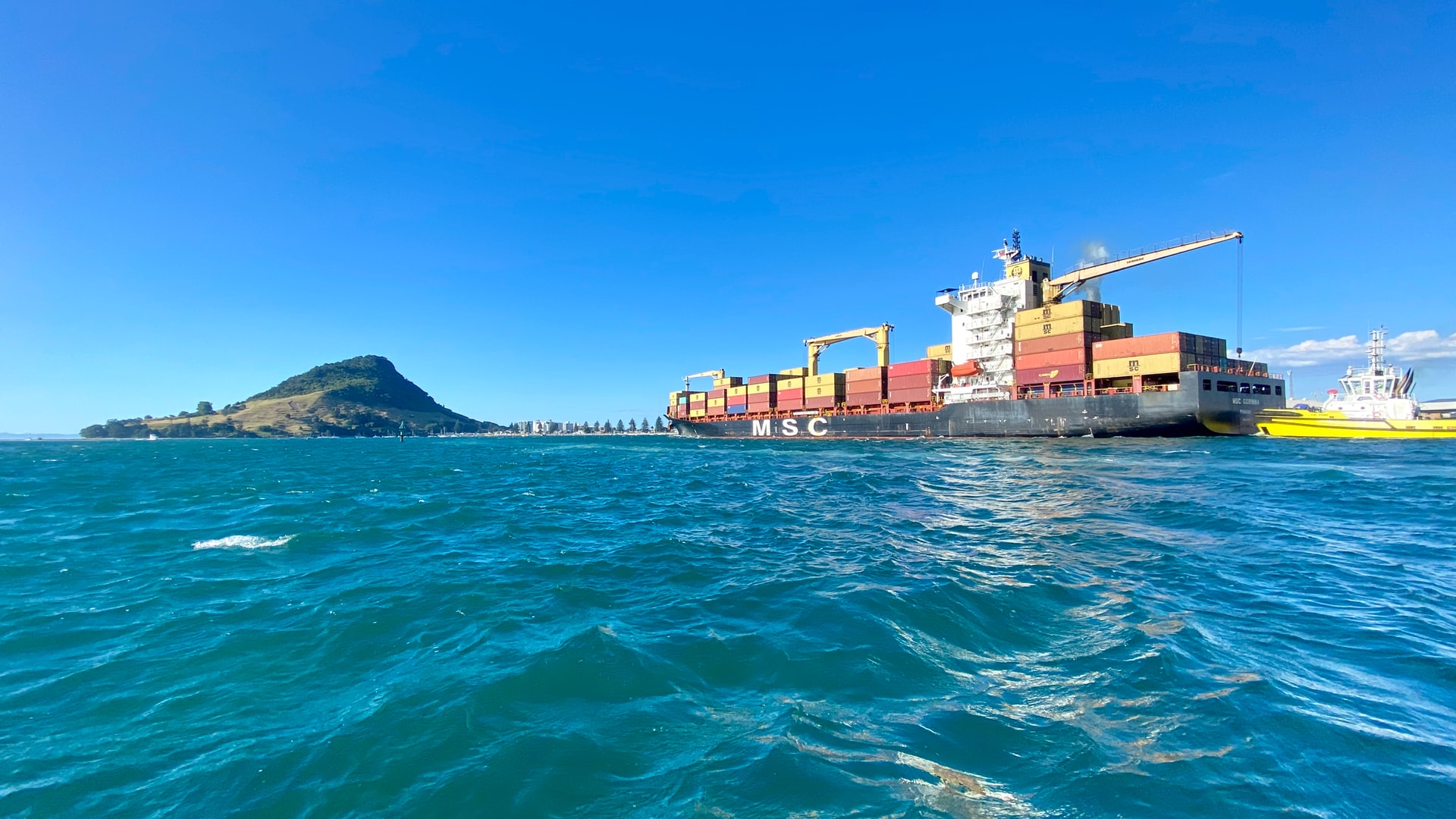Unite. Inspire. Create: Horasis Extraordinary Meeting
The world is going through a tumultuous period. The fallout of global leadership, climate inaction and the COVID-19 outbreak has severely endangered the future of our planet. Global leaders are actively looking to science and technology to find answers to the current crisis.
A small but a vital step. Horasis is converging 500 of its most senior members from its Visions Community to host the digital conference ‘Horasis Extraordinary Meeting’ on 1 October 2020. The event will comprise several sessions running simultaneously – all made possible through Horasis’ new ground-breaking digital conferencing platform. The sessions will be panelled by several heads of states and ministries along with key figures from multilaterals, business, academia and media.
The Theme
The theme of the event is centred around Unite. Inspire. Create. Through this event Horasis will gather key thought leaders from around the world to propose an action plan for government, businesses and societies to overcome the profound economic, political and social disruptions caused by the ongoing pandemic.
We strongly believe that going back to the old normal will not be as simple, but will need a united effort from global thinkers and policymakers in inspiring societies to create innovative solutions in the face of growing uncertainty.
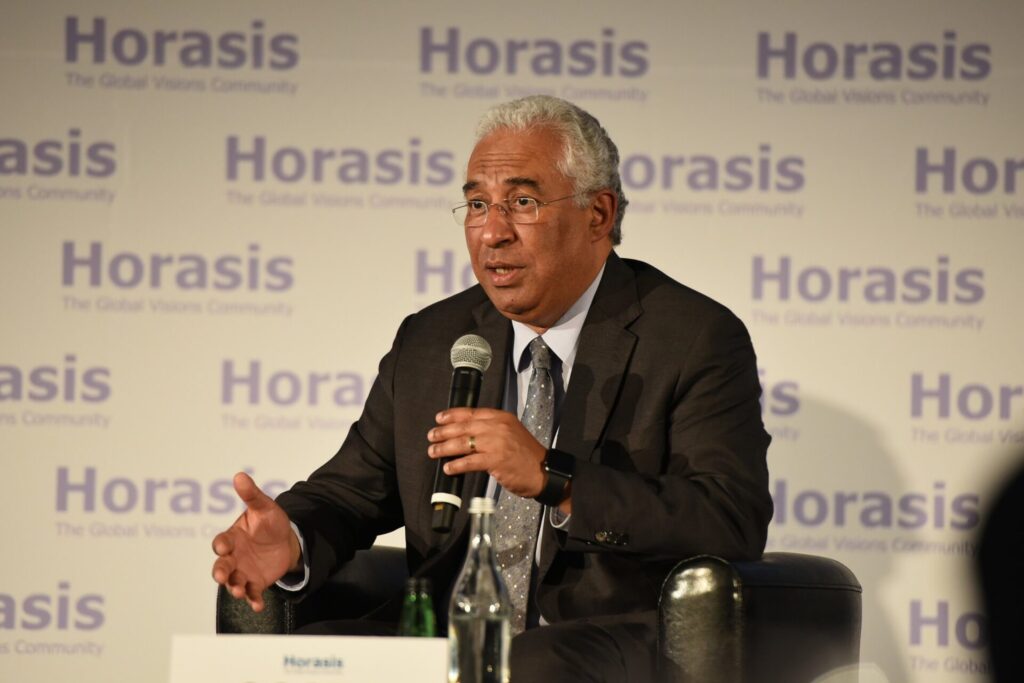
António Costa, Prime Minister of Portugal
Uncertainty Looms Large
Currently nothing is certain. Even economies that had claimed to largely control the virus initially were suddenly overwhelmed with a new wave of COVID-19 cases. The World Bank expects global GDP to contract by 5.2 percent in 2020. Businesses have drastically cut costs and are currently running on a meagre cash flow – uncertain as to how long they can remain operational.
The education fraternity is divided as to whether schools can be opened equipped with hygienic measures or be completely rolled into an online curriculum. There is also a question as to how will yearly examinations be conducted online. There are many other questions around the viability of such structural changes, and currently the global education system has no answers for it. Students remain in a lurch as to when they can get back to their schools.
The very privileged few who can work from home are increasingly facing mental health issues and uncertainty in their careers. And the large portion of the population that cannot work from home are mostly out of work, or working in a staggered fashion – often with wage cuts. Both spectrums of the workforce have been affected and the only constant is uncertainty. In the midst of this, essential workers and frontline medical staff continue being overwhelmed with the rising cases.
The pandemic has also brought about fundamental shifts in buying habit. Prolonged lockdowns and fear of contracting the virus saw consumers increasingly shift their buying from offline to online. Consumers are aggressively stocking on essential items and cutting down on non-essential purchases. The retail sector, in particular, has been severely impacted.
Travel in general, and leisure travel in particular currently remains completely stalled. Many economies and societies depend on the hospitality industry as their only source of income. The aviation and hospitality sectors are uncertain as to when they can limp back to normal.
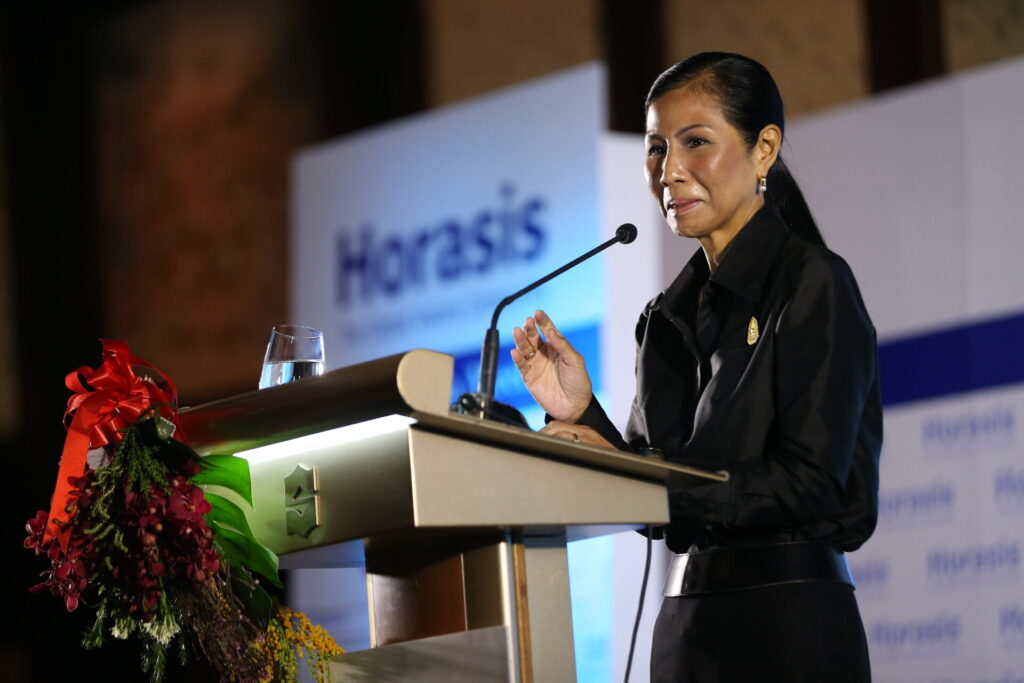
Kobkarn Suriyasat Wattanavrangkul, Minister of Tourism and Sports, Thailand
Adapt and Move On
Humanity has been tormented through many crises in the past. One thing remained the same, the will to keep moving and adapt. During this crisis, some forward-looking governments took positive steps initiated by the lockdown and permanently introduce eco-friendly measures. The city of Athens, for example, has allocated 50,000 square metres of public space for pedestrians and cyclists, banning movement of cars from these areas. Paris and Budapest, have also introduced temporary bike lanes resulting in improved air quality in these cities.
Similarly, businesses too are adapting. The ones that were already under a cash crunch were left with a hard decision to either close shop or pivot to other products and services to remain afloat. Airline companies too decided to transform their empty passenger cabins to cargo flights to transport essential goods. Every industry across the board has had to adapt and will need to continue to do so. As economies around the world start reopening, we need to be pragmatic about the steps we take next. Now more than ever, we need a platform for thought leaders and experts from different walks of life to convene and come to consensus on what the best way forward is.
In the Future
Horasis is of the opinion that global cooperation is imperative. We need platforms for open exchange of ideas and thoughts to develop novel business models, new political cooperation and deep social cohesion that is not restricted to one region or one segment of the society, but factors in constraints faced by all.
As we progress into the future, we will encounter more crises that will test our ability to bounce back. We need to be better prepared. Initiatives like our Extraordinary Meeting will ensure that discussions continue to take place and that together we can see through such testing times. After all, the show must go on.
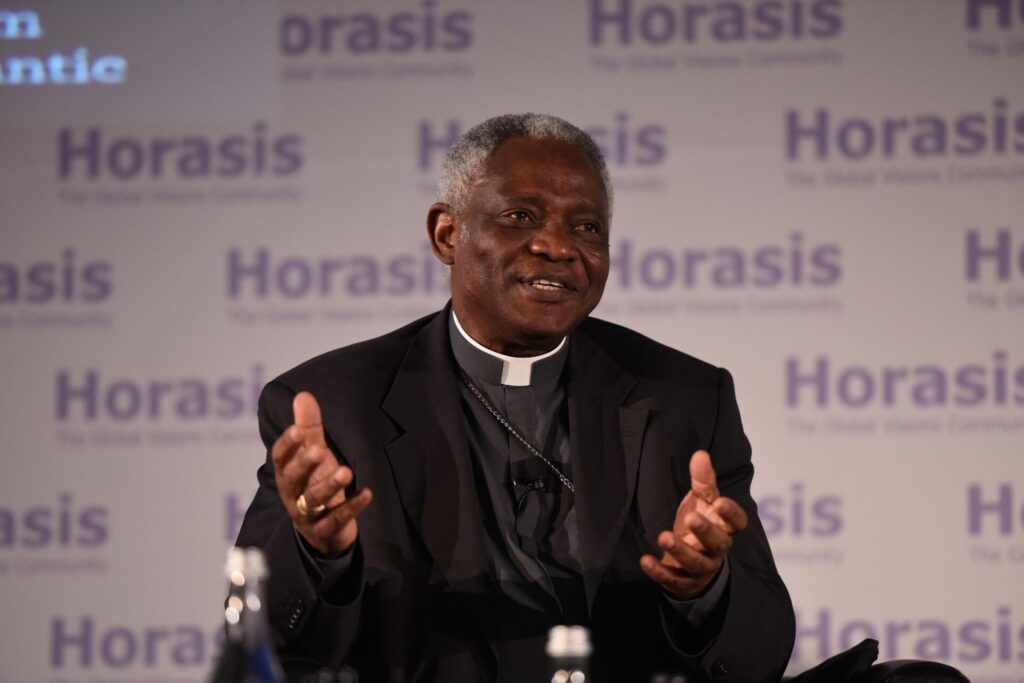
Cardinal Peter K.A. Turkson
*Featured photo of Frank-Jürgen Richter, Chairman, Horasis, with Vuong Dinh Hue, Deputy Prime Minister, Vietnam

